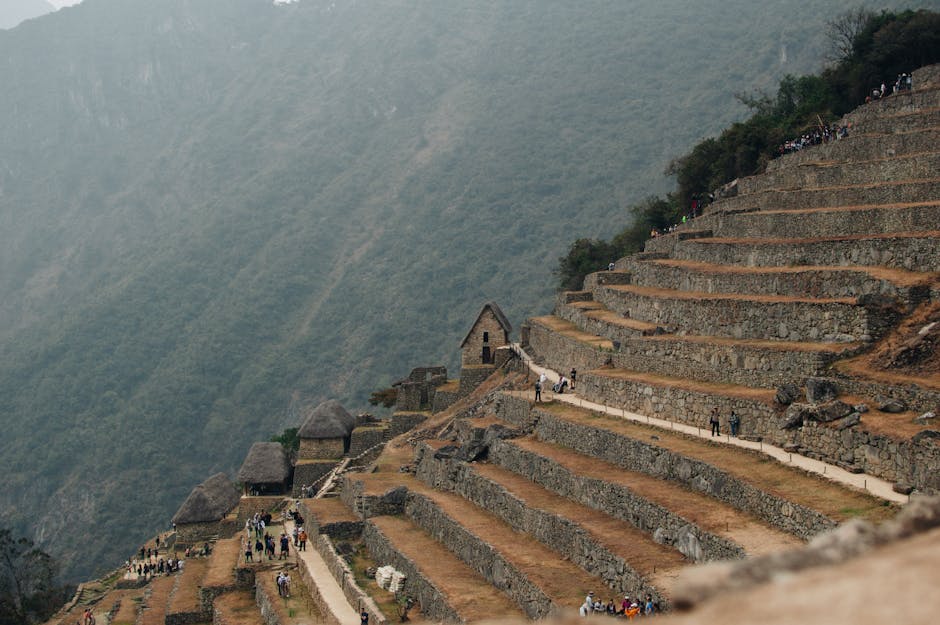A primary ethical concern centers around the ownership and repatriation of artifacts. Many archaeological discoveries are unearthed on land with complex ownership histories. Indigenous communities, for example, frequently possess deep spiritual and ancestral ties to specific sites and artifacts. The removal of these objects, often without consultation or consent, constitutes a significant ethical breach. This necessitates a shift away from a colonial model of archaeological practice, which often prioritized the acquisition of artifacts for museums and private collections in wealthy nations, often at the expense of the communities from whom they were taken. Modern ethical archaeology emphasizes collaboration with descendant communities, recognizing their rights to determine the fate of their heritage. This involves not only repatriation of artifacts but also participation in research, interpretation, and the management of archaeological sites.
Another critical ethical dimension relates to the preservation and protection of archaeological sites. Excavation, while crucial for understanding the past, is inherently destructive. Careful planning, minimal excavation, and meticulous documentation are essential to minimize damage. Furthermore, sites face various threats, including looting, development, and environmental damage. Archaeologists bear a responsibility to advocate for the protection of sites, working with governments and local communities to implement preservation strategies and to combat illegal activities. This requires a comprehensive approach, integrating scientific research with community engagement and legal frameworks to ensure long-term safeguarding.
The issue of intellectual property rights also presents ethical challenges. Archaeological data, including interpretations and publications, often represent years of research and fieldwork. Protecting this intellectual property is crucial, both to prevent plagiarism and to acknowledge the contributions of researchers. However, there is also a growing emphasis on open access to archaeological data, promoting transparency and collaboration within the field. Balancing these competing interests requires a careful consideration of the potential benefits and drawbacks of different approaches to data sharing. Moreover, ensuring equitable access to research findings, particularly for communities whose history is under investigation, is paramount to fostering trust and collaboration.
Archaeologists grapple with the ethical implications of their interpretations. Archaeological narratives are not neutral; they are constructed through the lens of the researcher’s own biases and theoretical frameworks. This subjectivity can inadvertently perpetuate harmful stereotypes or reinforce existing power structures. A commitment to reflexivity a critical examination of one’s own assumptions and perspectives is vital to mitigate this risk. Furthermore, archaeologists must strive to present interpretations in a clear, accessible, and nuanced manner, avoiding generalizations and sensationalism. Engaging with public audiences, especially those directly affected by the research, allows for feedback and helps ensure that interpretations are responsible and respectful.
The ethics of human remains and associated funerary objects pose unique difficulties. Many cultures have deeply held beliefs regarding the treatment of the deceased, and the excavation and analysis of human remains can be deeply sensitive. Respect for these beliefs is paramount, requiring careful consultation with relevant communities and adherence to culturally appropriate handling and burial practices. Modern ethical guidelines often prioritize the reburial of human remains in a respectful manner, and increasingly advocate for non-invasive research techniques whenever possible. The question of genetic testing on ancient human remains also necessitates careful consideration of ethical implications, including informed consent (where possible) and potential implications for living communities.
Finally, archaeologists operate within broader social and political contexts. Their work can be used to justify particular political agendas or to reinforce existing inequalities. For example, nationalist narratives might selectively emphasize certain aspects of the past while ignoring others. Therefore, ethical archaeologists need to be critically aware of how their research might be used and misused. This demands a commitment to transparency, rigorous methodology, and a willingness to engage in public discourse about the implications of their work.
In conclusion, ethical considerations permeate every stage of archaeological research, from fieldwork and artifact handling to interpretation and publication. Modern archaeology recognizes the need to move beyond a purely extractive model of research, instead emphasizing collaboration, respect, and a commitment to social responsibility. Adhering to a robust ethical framework is not simply a matter of professional conduct; it is essential for ensuring that archaeology contributes to a more just and equitable understanding of the human past. Continuous dialogue and critical self-reflection within the discipline are crucial to address the evolving challenges and complexities of ethical practice in archaeology. The future of archaeology hinges on the adoption and consistent application of ethical principles, placing the well-being and rights of communities at the forefront of research endeavors.
